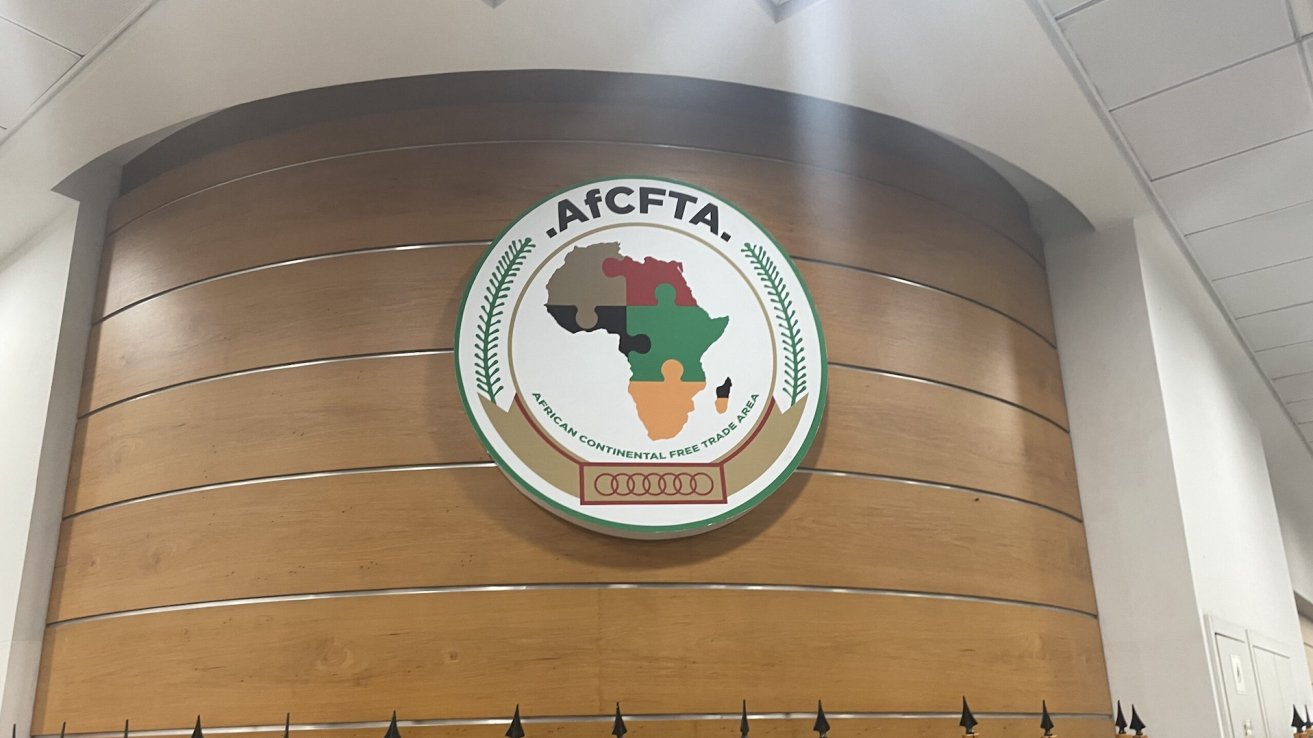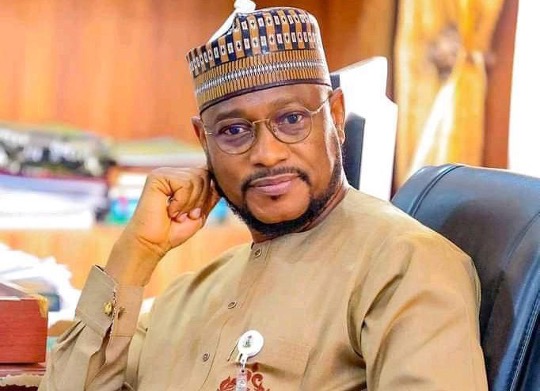By Merit Ibe
Small and Medium Enterprises (SMEs) currently salivating to enjoy the juicy prospects of the African Continental Free Trade Agreement (AfCFTA) may be left behind due to paucity of funds.
The funding gaps and lack of logistical support are derailing their dreams under AfCFTA and hopes of being financially buoyed are thin as most African countries are currently battling multifaceted headwinds with little funds for them.
Amplifying this position, a Senior Advisor to the Secretary-General of the African Continental Free Trade Area (AfCFTA), Cynthia Gnassingbé-Essonam, said the development requires urgent action.
She said this in a webinar organised by LIMA Partners themed: “Unlocking Opportunities Across Africa: Harnessing AfCFTA for Business Growth,” held recently.
She added that AfCFTA is advocating for the establishment of trading companies to aggregate and provide critical support to SMEs to address the challenges confronting the sector.
“We have also started pushing for the AfCFTA trading companies and this is because, from the guiding trading experience, we realise that transport and logistics are very important challenges on the continent. Most of our businesses, sometimes, do not have the financial muscles to ship their products,” she stated.
These companies are expected to offer services such as warehousing, financial backing and collateral management to facilitate the marketing of SME products across African borders.
“So, we have now started pushing for the trading companies to aggregate support for SMEs that want to trade across borders. This will ensure that those companies are properly established to support SMEs in terms of marketing their products in a different market. This will include warehouse, financial, collateral management services and others.”
So far, nine AfCFTA trading companies have been established in Ghana, Rwanda, Egypt, Chad, South Africa, The Gambia and Kenya.
According to Gnassingbé-Essonam, the presence of these trading companies is already yielding results.
“What we have started noticing is that because we have established the trading companies, people are now connecting various markets and there is an increase in AfCFTA trade from informal traders etc,” she added.
Gnassingbé-Essonam also stressed the need to ease visa restrictions to boost intra-Africa trade .
She reiterated the critical need for African governments to address visa restrictions hindering the free movement of people across the continent.
She acknowledged that while visa policies fall outside the AfCFTA Secretariat’s direct mandate, lobbying for seamless mobility is essential to realising the trade pact’s full potential.
To her, the agreement is not just a policy document but a practical platform equipped with trade facilitation instruments designed to help businesses expand beyond borders.
These include the Guided Trade Initiative, the Pan-African Payment and Settlement System (PAPSS), and the African Trade Observatory — all aimed at reducing trade costs, improving market access, and boosting intra-African commerce.
She highlighted that while the AfCFTA is in operation, more awareness is needed among entrepreneurs and small businesses about how to utilize these tools to scale and compete across the continent.
“The concern about VISA restrictions among AfCFTA countries is out of our mandates as a secretariat but all we have to do is to lobby the heads of state and the AU that ‘if we want to increase intra-Africa trade, then the governments will need to look at the issue of the movement of people seamlessly.
“The protocol on the movement of people has only been ratified by four countries. So, now that we are pushing, and we see a strong political will for intra-Africa trade and the AfCFTA. We believe that our heads of state need to seriously think about the movement of people.
“At a very political level, our leaders will need to specifically look at the issues of visas. Some countries are taking the lead and showing the way, but we hope that it will be clear at the level of the African Union,” she stated.

















Leave a comment